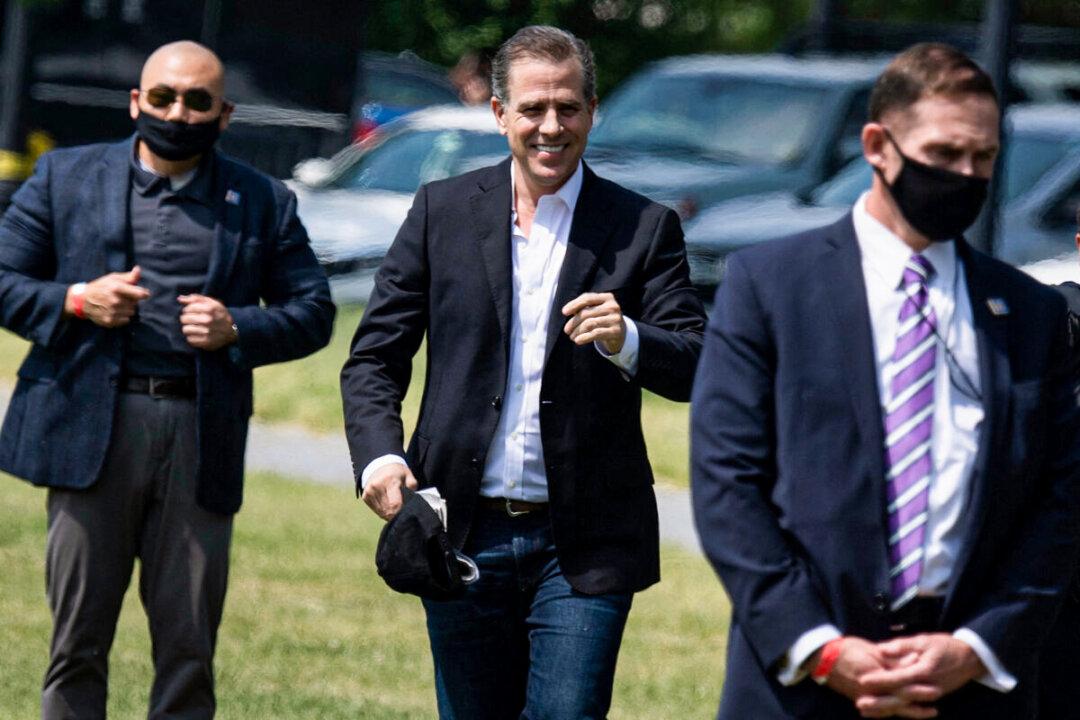Hunter Biden, the second son of U.S. President Joe Biden, tried to broker a $120 million oil agreement in 2014 and 2015 between a Chinese state-owned oil company and Kazakhstan’s prime minister at that time, according to emails recently obtained by British newspaper the Daily Mail.
The Chinese oil company alleged to be part of the deal, the State China National Offshore Oil Corp. (CNOOC), isn’t an ordinary firm. In 2021, the U.S. Commerce Department identified the company as posing a threat to U.S. national security and added it to a trade blacklist called the “Entity List.”





